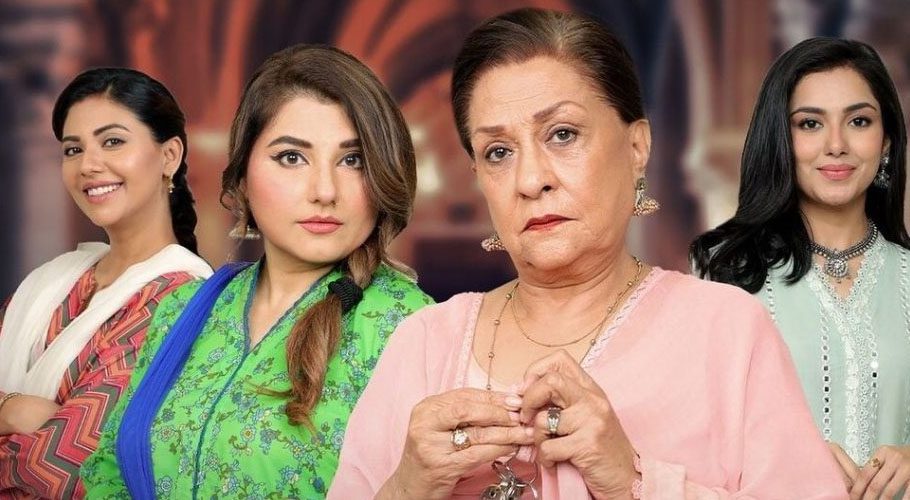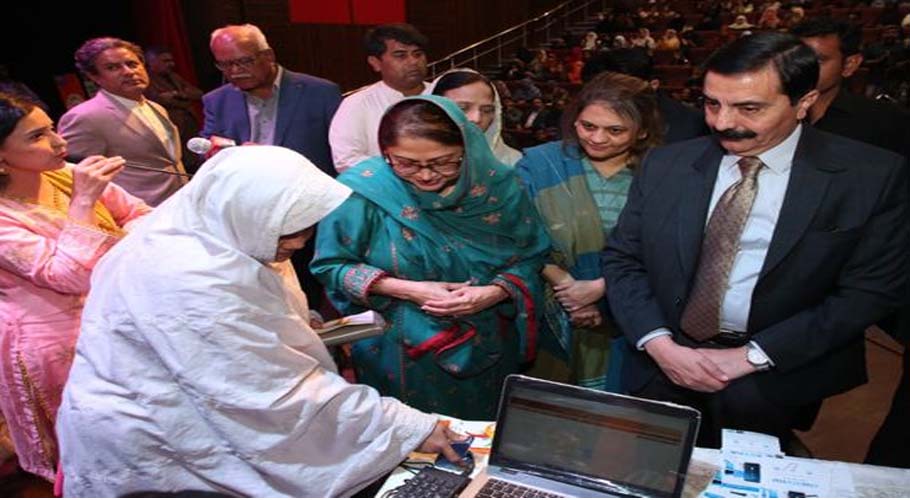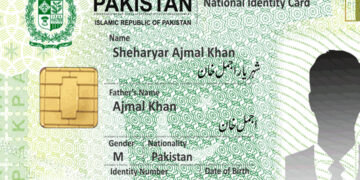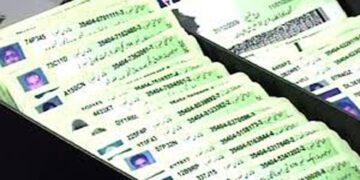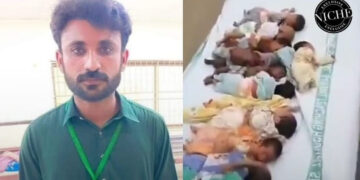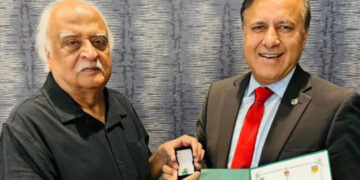![]() Follow Us on Google News
Follow Us on Google News
Karachi: The federal government has launched a programme to help widowed mothers from the poorest of the poor sections of society to help them educate their girl children.
Initially, 100 mothers based in Karachi have been selected to become beneficiaries under the new Pakistan Baitul Mal (PBM) initiative, the government’s charitable wing,
A digital banking channel will be used to transfer monthly stipend to them for the education of their daughters. The scope of the programme will be gradually expanded.
A beneficiary of with one daughter in school will be given Rs8,000 monthly stipend, while in case of more than one then the stipend will increase to Rs12,000.
As a pre-condition, the beneficiaries should be enrolled in the Benazir Income Support Programme, Pakistan’s flagship poverty alleviation initiative, for verification of their status as members of the economically most disadvantaged sections of society.
Speaking as the chief guest at the launch ceremony, Women’s Wing President of Pakistan People’s Party (PPP), Faryal Talpur, said the new welfare programme of the PBM was fully in line with the manifesto of the PPP that stands for securing all the fundamental rights of women and financially empower them.
She said that the late prime minister Benazir Bhutto, during her two stints in power, had launched initiatives such as First Women’s Bank, women’s police station, and lady health workers aimed at women empowerment in the country.
She recalled that the Sindh government had recently given ownership rights to landless female farmers of 25 acres of farmlands as part of the women empowerment drive in rural parts of the province.
Talpur said that a few years ago, she launched the “Women on wheels” programme to enable young women in urban areas to have their own conveyance for daily commuting to the workplace or university campuses.
A taxi service dedicated to woman passengers would be launched soon in Karachi, she said.
She reiterated the resolve of the PPP to continue making efforts to empower women, and secure all their fundamental rights as enshrined in the constitution to enable female members of the society both in urban and rural areas to live an honourable life.




